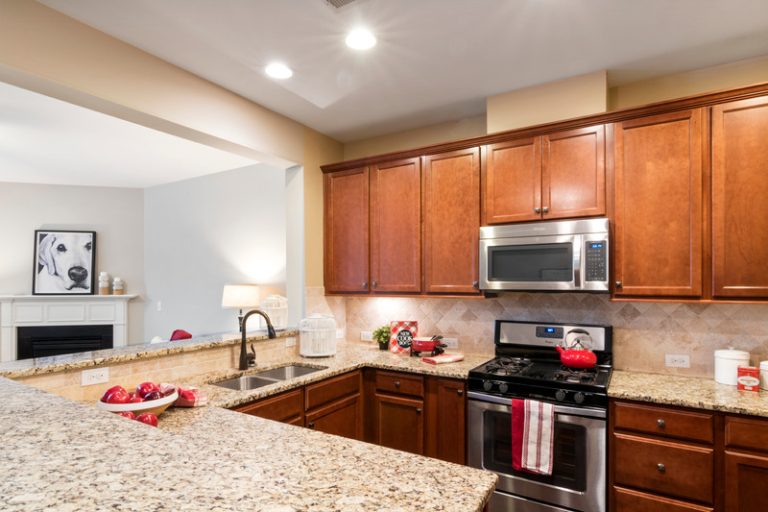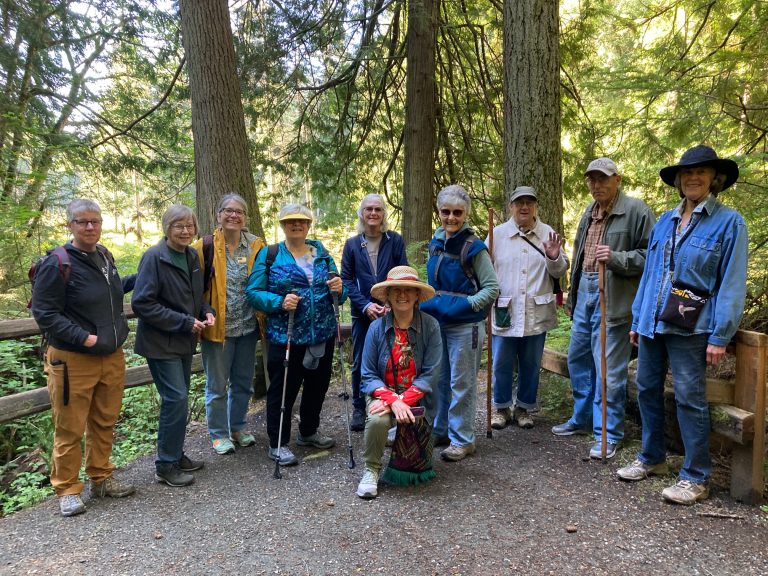Navigating the Memory Care Journey is contributed by Ellen Liu Kellor, Owner of Age-Well LLC
Published in the Fall/Winter, 2022 Edition of Vibrant Senior Options Resource Guide.

Navigating the journey of dementia care is a highly individualized process, but you may find peace in knowing that others have walked this path, hand in hand with loved ones impacted by dementia. In general, dementia care and support are often referred to as “Memory Care.” Memory Care is more than a place, it is a philosophy and a specialized approach to care that can be provided in different community settings.
Planning for Memory Care
This is not a one size fits all equation. What works for your neighbor’s husband may not be a fit for your mother. One person may be social and enjoy group activity, while another may appreciate their solitude
Other factors relate to the dementia itself. Each person may present different symptoms, behaviors, and levels of care needs based upon their individual diagnosis and stage of dementia. Also keep in mind that not all dementia is progressive. This is an important consideration which can help guide sustainable care planning, with a goal to minimize challenging transitions in care and housing. We do know that consistency and routine are positive anchor points in memory care and can be especially important for those affected by dementia. If a move is required now, will another change in place and care relationships be required in the future?
Navigating the Options for the Memory Care Journey
Our society has a variety of options to fit individual dementias and preferences. A range of specialized memory care options and environments may include:
- In-Home dementia care with caregiver support
- Adult Day Programs & overnight Respite Stays
- Adult Family Homes
- Assisted Living Communities
- Secured Memory Care Communities for those more advanced in their behaviors and dementia care needs.
Aligning Personal Considerations
We are a society of individuals and personalities. Aligning personal considerations are key factors in choosing your approach to memory care. These considerations include interests, preferences, and schedule as well as culture. Always keep in mind the quality of life and individual rights as a guide to selecting the least restrictive environment that is best able to meet the level of care required.
Exploring the Environment
 If exploring congregate settings, consider who the neighbors and caregivers will be. Are other residents and care providers generally calm and pleasant, or is the atmosphere tense, chaotic, or lonely? Is the environment warm and inviting or cold and institutional? Is there access to the outdoors and natural light? Even at advanced stages of dementia, a person can pick up on these social, emotional, and environmental cues and respond accordingly. A calm and low stimuli (yet engaging) environment makes for a welcoming home. A streamlined, structured, and predictable care setting and routine will maximize the memory care experience. As a society, we are gradually making a departure from the old fashioned, institutionalized, long term care settings, and striving for more homelike, inclusive environments, even at high levels of care. Caregiver support, education, care and enrichment planning, and environmental design and technology are also components of quality memory care.
If exploring congregate settings, consider who the neighbors and caregivers will be. Are other residents and care providers generally calm and pleasant, or is the atmosphere tense, chaotic, or lonely? Is the environment warm and inviting or cold and institutional? Is there access to the outdoors and natural light? Even at advanced stages of dementia, a person can pick up on these social, emotional, and environmental cues and respond accordingly. A calm and low stimuli (yet engaging) environment makes for a welcoming home. A streamlined, structured, and predictable care setting and routine will maximize the memory care experience. As a society, we are gradually making a departure from the old fashioned, institutionalized, long term care settings, and striving for more homelike, inclusive environments, even at high levels of care. Caregiver support, education, care and enrichment planning, and environmental design and technology are also components of quality memory care.
Filtering Decisions for Memory Care
As a family member and responsible party, it is always helpful to filter any major decisions regarding transitions in care through the lens of friends and others who have traveled this path before. Also seek a Geriatric Care Manager/Elder Care Consultant who can act as a sounding board, share resources, and offer support throughout your memory care journey.
Ellen Liu Kellor, MSW
Elder Care & Lifestyles Consultant
Geriatric Care Manager & Gerontologist
Age-Well LLC
360-734-3064
www.age-well.com





















